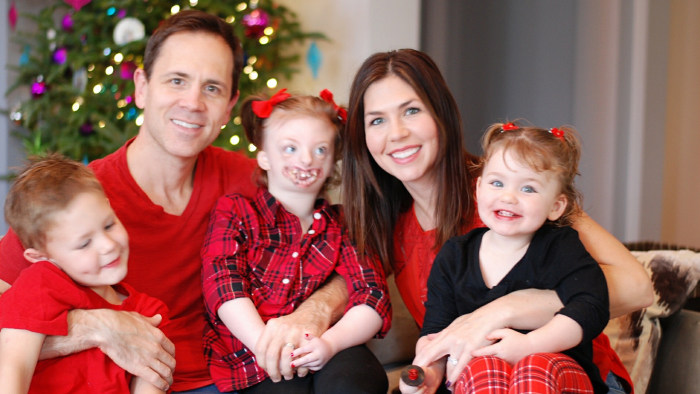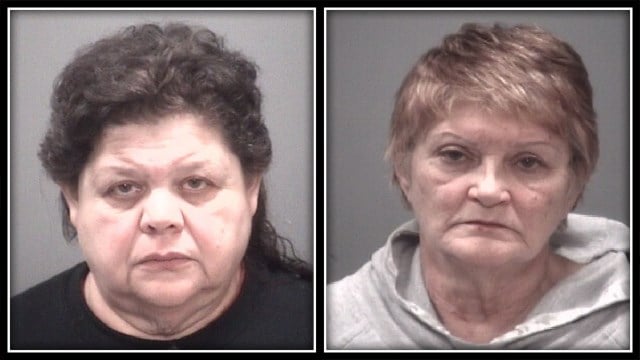By Sarah Purtill
Impunity Watch Reporter, North America
North Carolina, USA – Twitter has added a new word for when people want to submit a report about inappropriate behavior on their platform. The word disabled as been added to the list of reasons for reporting someone. This change has been a long time coming according to some. In early April, Twitter revised its’ reporting form so that those who were being targeted for their disability could more accurately report it.
“It’s against our rules to directly attack or threaten someone based on their protected category, including disability,” Twitter stated in a tweet that was posted April 2. “You asked us to clarify this in our reporting flow, and we’ve updated it to be more specific.”

Twitter brought about the change after Natalie Weaver suggested they revise their reporting form. Natalie Weaver called on Twitter after her daughter’s photo was used in an offensive tweet that promoted eugenics. Weaver’s daughter, Sophia, has Rett Syndrome. Sophia is only nine years old. Rett Syndrome is a genetic brain disorder that effects a person’s language, walking and coordination. Weaver said she faced some opposition from Twitter by them refusing to take down the offensive tweet, but then they removed the account completely.
“People with disability experience hate and discrimination every single day just because they are disabled,” Weaver said to Today. “It is very important to have that distinction.”
Weaver said to The Mighty, “Many people with medical conditions and/or disabilities receive hate and harassment every day on Twitter and no violations are found. I am hopeful that this change will create a safer environment for people with medical conditions and disabilities. I hope that Twitter support will be more consistent now in finding violations. I will continue my work to ensure that Twitter support follows through on this”
Melissa Blake, a freelance writer says the change has been a long time coming. “Disabilities may make people uncomfortable. I’m sure my disability and my wheelchair has made people uncomfortable in the past. But that doesn’t give people the right to use it against me and vilify me for it. Twitter’s change in policy gives me hope. Hope that perhaps, finally, we’ve moved the needle of dismantling centuries of negative misconceptions surrounding people with disabilities,” Blake wrote in an article for CNN.
Weaver took on a social media platform and called them out for not protecting disabled individuals. By getting Twitter to respond by changing their reporting form, she won.
For more information, please see:
CNN – On Disability, Twitter is Better Late Than Never – 13 April 2018
Today – Mom Fights Twitter After Cruel Troll Mocked Child’s Appearance – 5 April 2018
Mighty – Twitter Changes Reporting Form to Include Hate Against People with Disabilities – 3 April 2018



